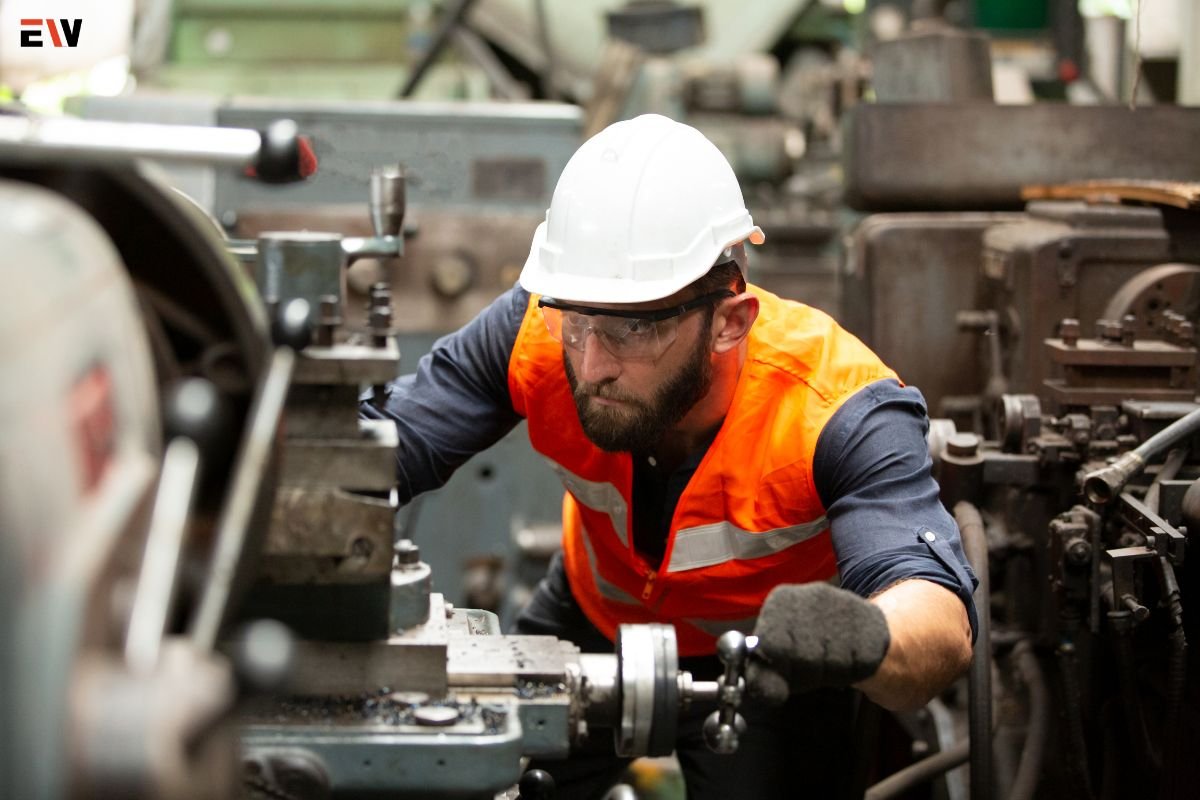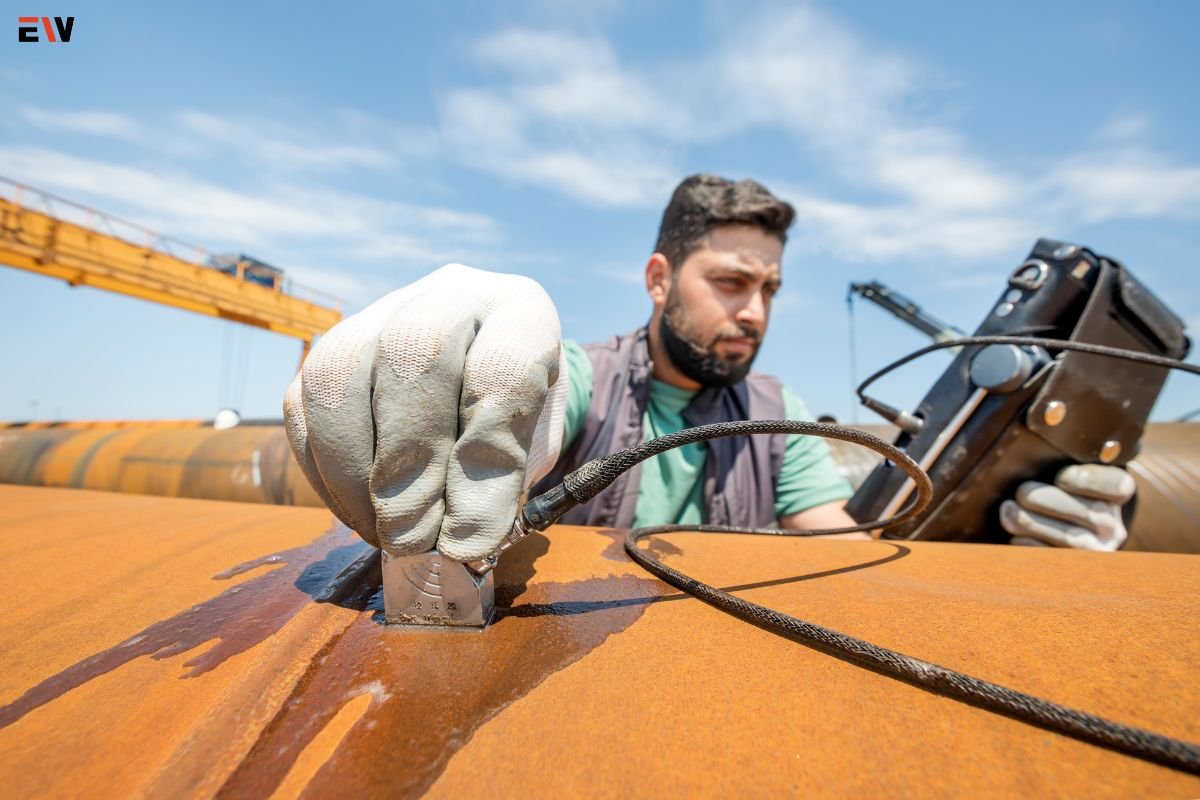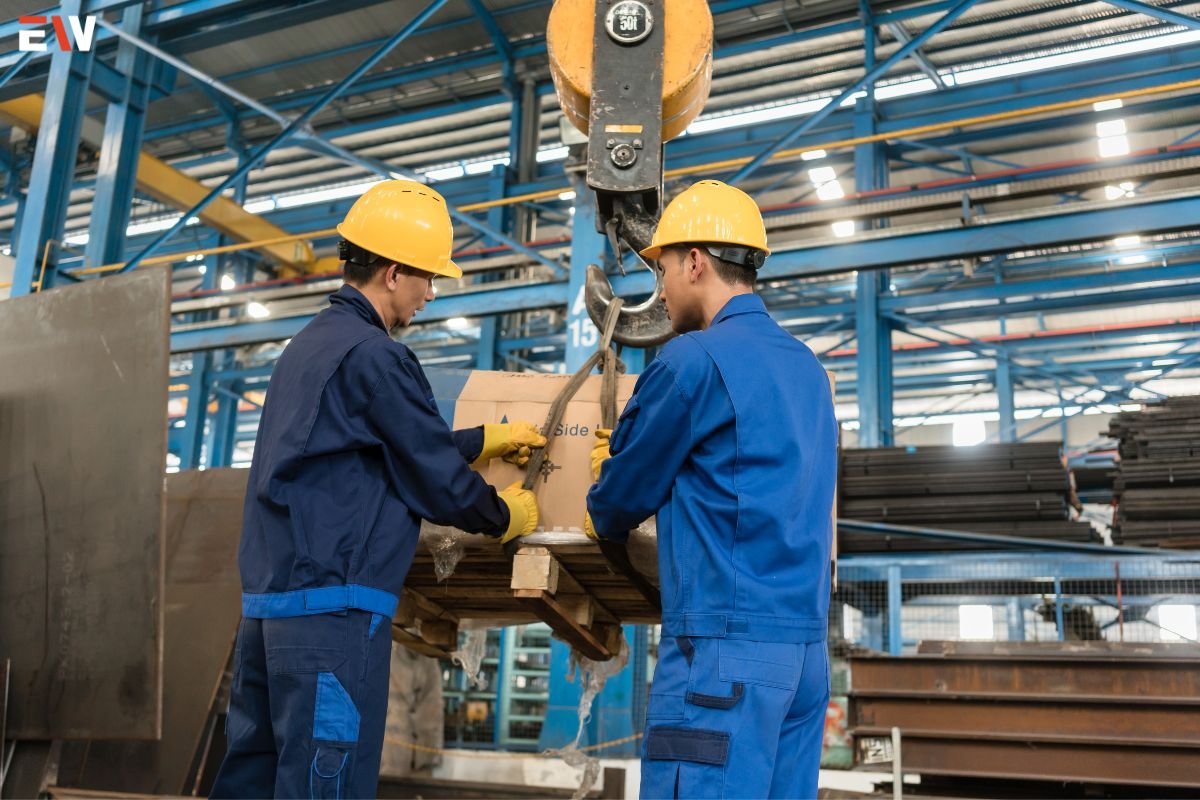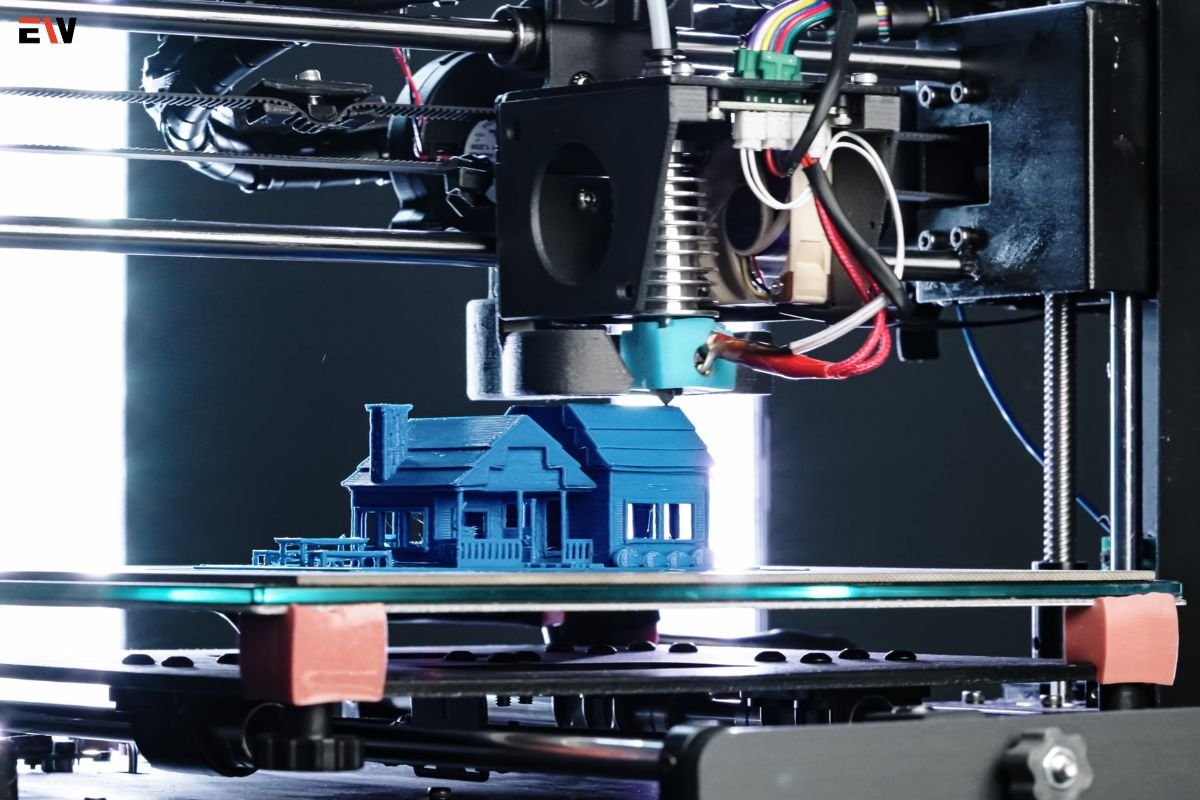The manufacturing industry is undergoing a period of rapid transformation, fueled by technological advancements, automation, and global competition. This evolution is significantly impacting the landscape of manufacturing jobs, creating both challenges and opportunities for workers and employers alike.
Manufacturing Jobs: Creating Both Challenges and Opportunities
Shifting Skillsets:
One of the most significant changes is the increased demand for skills in areas like robotics, automation, data analysis, and computer programming. Traditional manufacturing jobs focused on manual labor are declining, while jobs requiring technical expertise and problem-solving abilities are on the rise.
This shift necessitates a focus on upskilling and reskilling the existing workforce to equip them with the necessary skills to thrive in the new manufacturing environment. Educational institutions, government agencies, and private companies need to collaborate to provide training programs and resources that enable workers to adapt to the changing landscape.
Impact on Employment:
While automation may lead to some job losses in specific areas, it is important to note that it also creates new opportunities for skilled workers. The Bureau of Labor Statistics projects that manufacturing employment will decline by 7% from 2020 to 2030, but certain sectors like advanced manufacturing and computer-aided design will experience growth.
Furthermore, automation can alleviate the burden of repetitive and physically demanding tasks, leading to improved working conditions and increased worker satisfaction. Additionally, it can create new job opportunities in areas like maintenance, repair, and programming of automated systems.
The Rise of Global Competition:
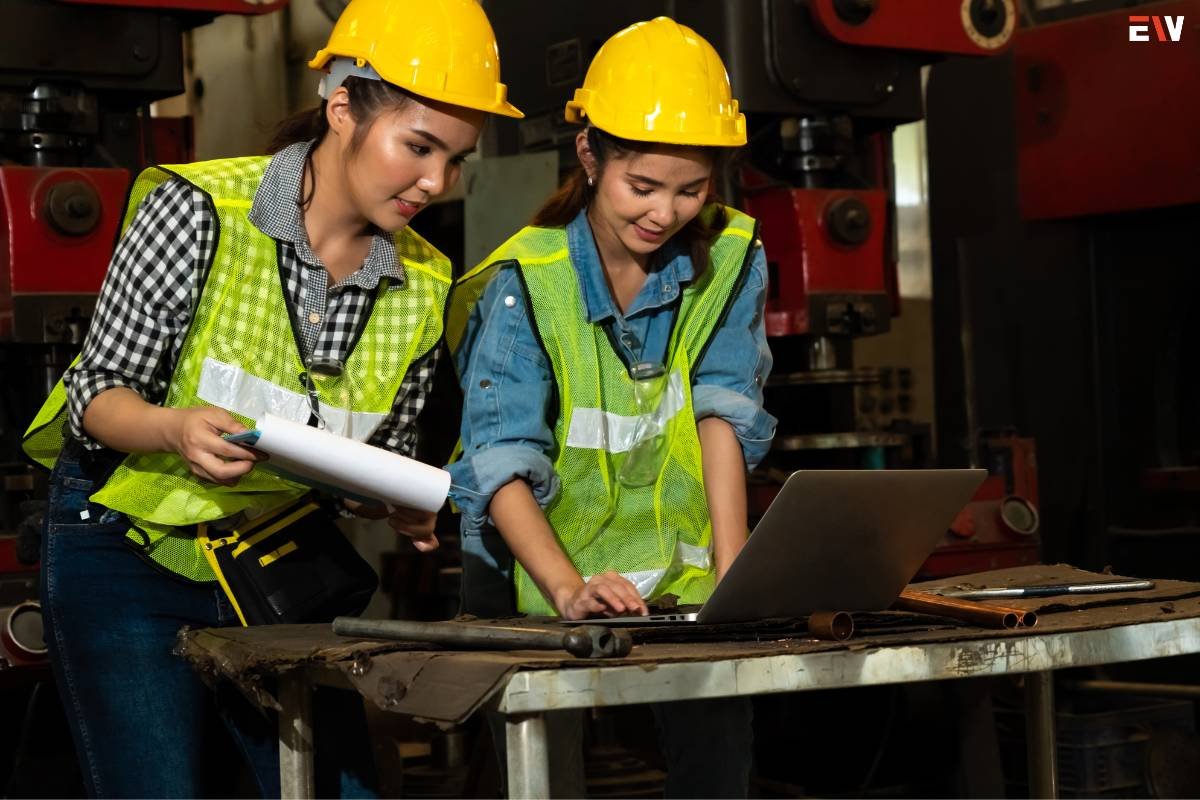
Globalization has intensified competition in the manufacturing sector, with companies seeking to operate in countries with lower labor costs and less stringent regulations. This has led to job losses in some developed countries, particularly in industries facing fierce competition from emerging economies.
To remain competitive, manufacturers need to focus on innovation, efficiency, and product quality. This requires investment in research and development, adoption of new technologies, and continuous improvement of production processes. Additionally, it is crucial to develop a strong brand and build customer loyalty to differentiate oneself from competitors.
Opportunities and Challenges for Workers:
In the face of these changes, the workforce needs to be prepared to adapt and embrace lifelong learning. Workers need to be proactive in developing their skills and staying up-to-date with the latest technologies. They should be open to retraining and exploring new career opportunities within the manufacturing sector.
However, the transition can be challenging for some workers who lack the resources or opportunities to acquire new skills. It is crucial for governments and educational institutions to provide accessible and affordable training programs to support workers in their reskilling efforts.
Strategies for Success:
To navigate the changing landscape of manufacturing jobs, employers need to adopt a forward-thinking approach. Here are some key strategies:
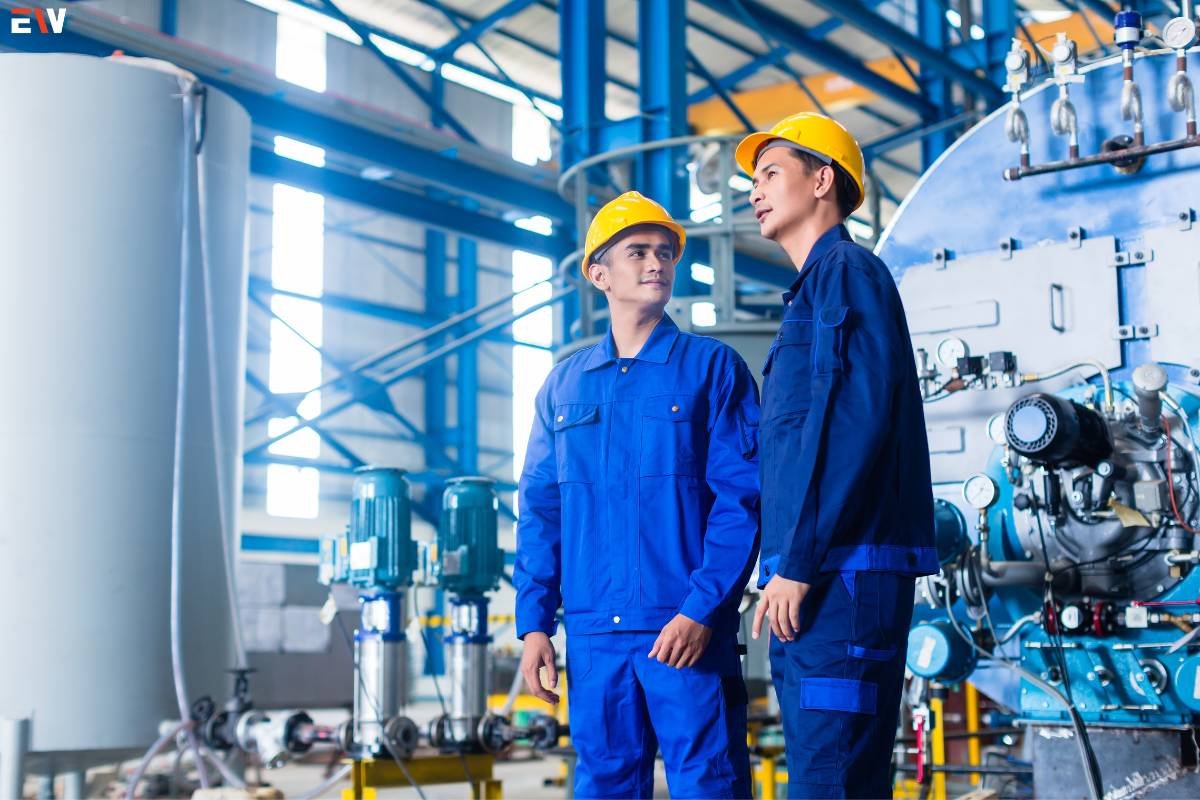
- Invest in training and development: Upskilling and reskilling the workforce is essential to remain competitive and adapt to new technologies.
- Embrace automation: Implement automation strategically to enhance efficiency and productivity while creating new job opportunities in related fields.
- Focus on innovation: Develop new products and services that offer value to customers and differentiate you from competitors.
- Build a strong employer brand: Attract and retain top talent by offering competitive salaries, benefits, and opportunities for growth.
- Promote collaboration: Foster a collaborative culture where employees feel empowered to share ideas and contribute to continuous improvement.
Additional Points on the Evolving Landscape of Manufacturing Jobs:
Reskilling and Upskilling Challenges:
- Accessibility and cost: Not all workers have equal access to affordable and relevant training programs. This can exacerbate existing inequalities and disproportionately impact marginalized communities.
- Motivation and engagement: Engaging workers in upskilling and reskilling requires addressing their concerns about job security and potential displacement due to automation.
- Lack of standardized training: The rapid evolution of technologies can create a gap between available training programs and the specific skillsets required by industry.
Technological Advancements and Automation:
- Emerging technologies: The rise of artificial intelligence, machine learning, and the Internet of Things (IoT) will further reshape the manufacturing landscape, creating new opportunities for skilled workers.
- Augmented reality (AR) and virtual reality (VR): AR and VR are increasingly used for training and remote assistance, improving efficiency and accessibility.
- Collaborative robots (cobots): These robots are designed to work alongside humans safely, enhancing productivity and reducing the risk of injury.
Policy and Regulatory Considerations:
- Government support: Policymakers need to play an active role in supporting workforce development through funding, tax incentives, and infrastructure investments.
- Trade policies: Fair trade agreements can help level the playing field for domestic manufacturers and ensure a sustainable future for the industry.
- Regulation of automation: Striking a balance between encouraging innovation and protecting workers’ rights is crucial to ensure the ethical and responsible implementation of automation technologies.
Social and Environmental Considerations:

- Impact on communities: Job losses in the manufacturing sector can have significant negative consequences for local communities, requiring coordinated efforts to mitigate these impacts.
- Environmental sustainability: Manufacturing processes need to become more sustainable to address climate change and conserve natural resources.
- Ethical sourcing and production: Consumers are increasingly demanding transparency and ethical practices throughout the supply chain, which manufacturers need to address to remain competitive.
The Future of Manufacturing Jobs:
- Rise of the knowledge worker: Manufacturing will require a workforce with higher levels of education and technical expertise.
- Customization and personalization: Technological advancements will enable mass customization, allowing manufacturers to produce goods according to individual customer preferences.
- Global collaboration: The future of manufacturing will likely involve increased collaboration between companies across different countries to leverage diverse expertise and resources.
Call to Action:
- Individuals: Embrace lifelong learning, explore new career opportunities, and actively seek training programs to develop relevant skills.
- Businesses: Invest in technology and innovation, prioritize employee training and development, and build a strong employer brand to attract and retain top talent.
- Governments: Support workforce development initiatives, implement policies that promote fair competition and sustainability, and invest in infrastructure and research.
By addressing the challenges and embracing the opportunities presented by the evolving landscape of manufacturing jobs, we can ensure a prosperous future for this vital sector and contribute to a more equitable and sustainable global economy.






